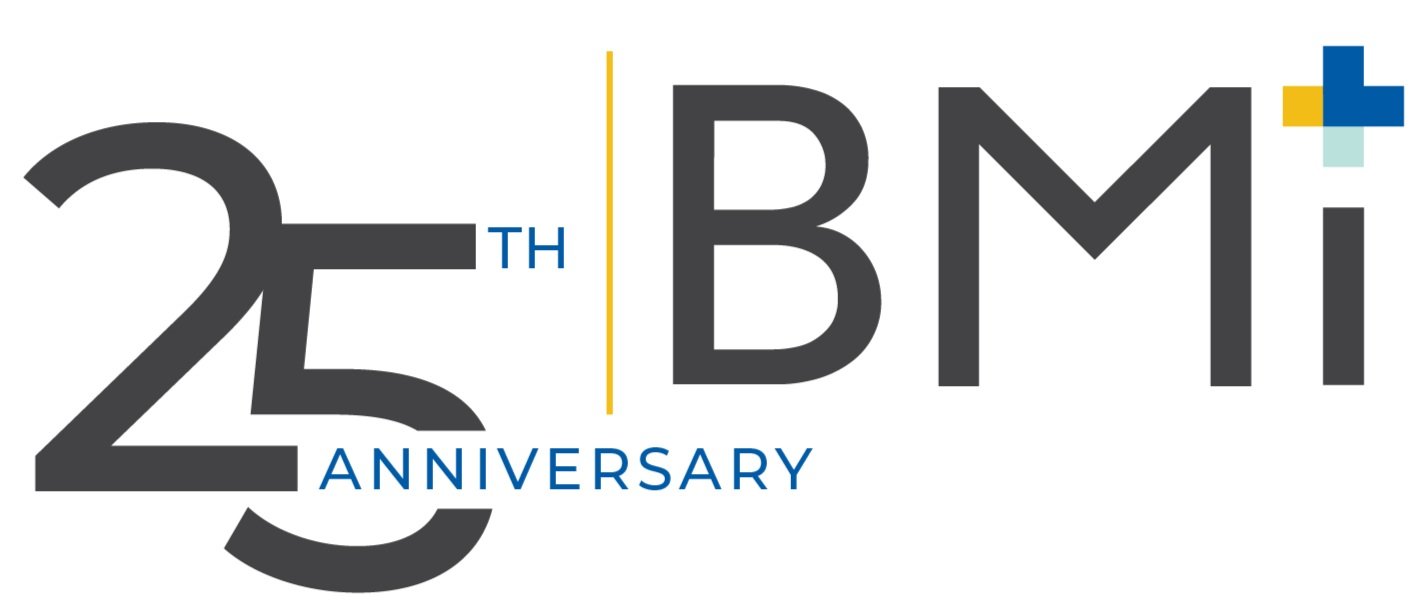Problems we solve through auditing
Dependent Eligibility Verification
The process of verifying who should and shouldn’t be enrolled for benefits on the plan.
-
Few forms of health care cost containment activities provide such immediate savings. Given the fact that an individual dependent costs an employer an average of $5,000 annually, it’s not uncommon to achieve returns on investment ranging from 100% to over 5,000%.
-
Employers can reduce their stop-loss denial risk by ensuring only eligible dependents are enrolled.
-
A thorough review of each dependent’s eligibility and supporting documentation can provide piece of mind or uncover dependents who should have never been enrolled. A dependent eligibility audit can also help the entire organization understand more about their own eligibility requirements.
-
Sponsors of health plans have a fiduciary obligation to participants and/or shareholders to confirm plan resources are being used correctly. Failure to uphold fiduciary duties can result in legal penalties for the Plan Administrator including personal financial liability.
-
Many organizations don’t realize that conducting a dependent eligibility audit internally is a significant undertaking. Hiring an outside vendor provides a buffer between human resources personnel and employees to ensure objectivity while also minimizing conflict.
Medical + Rx Claims Audits
The process of reviewing and confirming if benefits are being administered as designed.
-
Electronic claims payment systems minimize errors, but the complete claims payment process relies on human judgment. Weak investigative efforts, volume pressures, poor claims payment systems, outdated software, internal policies and human interpretation are just some of the factors that can attribute to claims payment issues.
-
Independent third-party testing of claims adjudication procedures can provide peace of mind and/or prevent costly future mistakes. Claims audits uncover a wide variety of claims adjudication issues and/or weaknesses such as system limitations, plan-build inaccuracies, overuse of processor overrides, and provider billing errors.
-
Trust, but verify. Third-party administrators often pay for a claims audit to restore customer confidence. A comprehensive analysis of claims can help determine whether or not an issue could be systemic or isolated.
-
Sponsors of health plans have a fiduciary obligation to participants and/or shareholders to confirm plan resources are being used correctly. Failure to uphold fiduciary duties can result in legal penalties for the Plan Administrator including personal financial liability.
Implementation Audits
The process of testing to make sure that benefits are setup correctly in the administrator’s system.
-
During an Implementation Audit, BMI can test the specific changes that are being made. This provides peace of mind that changes are accurate and other benefits have NOT been inadvertently affected.
-
BMI can do that for you. By reviewing and confirming that the new administrator’s system is set up according to plan documentation, you can be sure that benefits will be administered to plan members appropriately from the beginning.
-
BMI’s main objective is to provide an unbiased audit of the plan setup. By engaging with a third party to conduct the implementation audit, you are guaranteed to have a fresh set of eyes reviewing the plan’s configuration in the administrator’s system. This process keeps your best interest in mind and ensures that processing will align with the plan’s intent.
-
An Implementation Audit will give you confidence that benefits are configured appropriately and that your administrator understands the nuances of the plan language.
